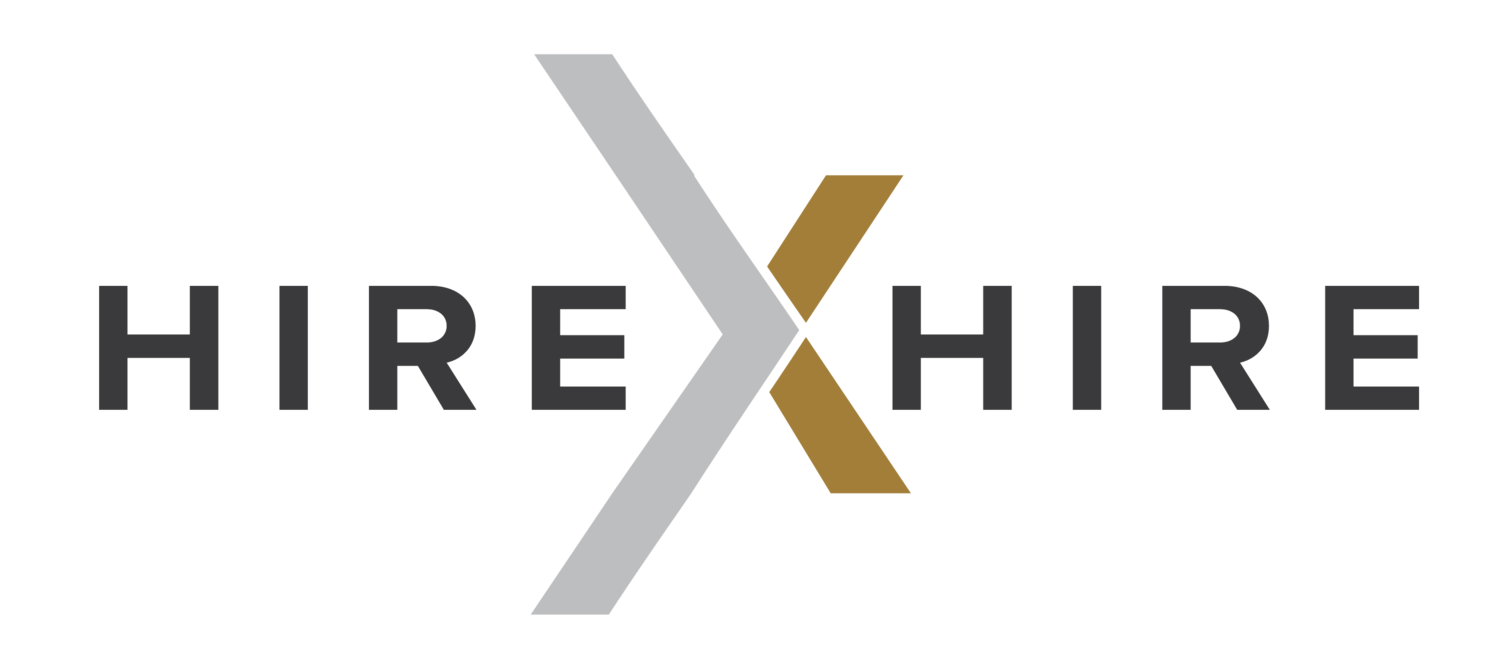How to Ace Your Interview
How to Ace Your Interview
How do you land your dream job? First step: ace your interview. How? Best practices begin well before the interview ...
Follow our team’s tips below to stand out and leave a great first impression before, during, and after the interview.
Start by understanding your interviewer …
When you understand who is conducting the interview, you can ask questions and discuss specific experiences relevant to their role and goals. For example, you will want to lead a different conversation with a Recruiter vs. Hiring Manager. But what’s the difference? Click the + to expand your mind.
-
A recruiter is a liaison between the candidate and the company who is responsible for seeking out and screening potential employees for an open role.
-
To qualify or disqualify the candidate for the next interview round by broadly evaluating skills and past experiences and gauging overall interest in the company and role.
-
Discuss how your experience supports the job description.
Openly communicate your career goals and role expectations. If this role isn't a fit, another may be.
-
The key decision-maker who is hiring for an open position on his or her team.
The hiring manager is an employee who helps define the open role and usually makes the final hiring decision.
-
To further evaluate a candidate's skills and experiences against the team's needs by asking more detailed questions about technical skills and team fit.
-
Feel free to ask more technical or niche questions about the role.
Remember, this person could be your direct manager, and treat them with that respect.
Now that you understand the difference between a Recruiter and Hiring Manager, it’s time to prepare accordingly …
Tip #1: Prepare for Your Interview
Research company & interviewer
Learn about the company's offering, industry, and mission + vision. Find out who you will be interviewing with and what their role is within the company.
Review the company website, scroll and follow social media channels, check their Glassdoor, and view the interviewer's LinkedIn profile. Take notes of what stands out to you.
Draft questions & experiences
Thoroughly review the job description. Organize your experience based on the desired skills. Prepare your relevant stories and questions.
The interviewer will ask you about your past, professional experiences, and then they will ask if you have any questions. Type or write your top questions.
Test your tech
Check the calendar invite and ensure the device you plan to use during your interview has the correct software installed and up-to-date well before the scheduled interview time.
Ex. If your interview is scheduled via Zoom or another web app, literally open the app prior to the scheduled interview time.
Download or screenshot the example questions below to save for your next interview.
Tip #2: Ace Your Interview
Be prepared
Be ready a few minutes prior to your scheduled call, and be prepared to discuss your past experiences, why you are interested in the role, and why you think you are a good fit.
Keep your notes on the company background and your drafted experience and questions handy.
Be concise
The average phone interview is 30 minutes. Be present and listen carefully to the questions. Respond thoughtfully and keep your answers to 1-2 minutes each.
Keep a watch or clock within sight to be cognizant of the time.
Be upfront
If you know the role is not the right fit for you, that is okay. You can be honest and share that you don't intend to move forward in the process.
Thank the interviewer for their time. A well-placed courtesy can keep the door open to future opportunities.
Tip #3: What to do After Your Interview
Send a follow-up thank you email
A follow-up email is not only a recommended courtesy but a necessity to remain competitive in the interviewing process.
Taking the time to write a thoughtful follow-up email demonstrates soft skills, which are not easily teachable in the workplace. Send the follow-up within 24 hours following your phone interview.
Your follow-up email should be personalized based on your conversation, including highlights from the interview and any follow-up comments, questions, or resources to be considered before the next round of interviews.
Begin preparing for the next round
It is never too early to begin interview preparation. Don't be shy about asking whom you would meet with if you advance to the next round. Taking the initiative can signal to the employer that you are committed to continuing the process.
Review the next round interviewer's profile on the company website and LinkedIn profile to understand their role and uncover any shared experiences, interests, or connections.
Example Follow-Up Email
Your post-interview follow-up should express gratitude, reflect upon highlights from your phone conversation, and reaffirm your interest in the role. This is also your opportunity to attach any relevant work samples or additional resources that were discussed during the interview or to ask further clarification on a question.
To: hiringmanager@company.com; recruiter@company.com
Subject: Thank you for your time! Attached work you requested.
Dear [Mr/Ms. Interviewer],
Thank you again for speaking with me about the [insert title] role at [insert company].
After our conversation, I really believe my background in [insert relevant skills] would be an excellent match for the job requirements. I also appreciate you sharing more details about the company culture. I was especially delighted when you said [insert fact or tidbit]. This sounds like a place I could happily grow my career.
I have attached [example work] that we discussed during the call. Please feel free to contact me if I can provide you with any further information. I hope to hear back soon regarding the next steps.
Best regards,
Your Name

